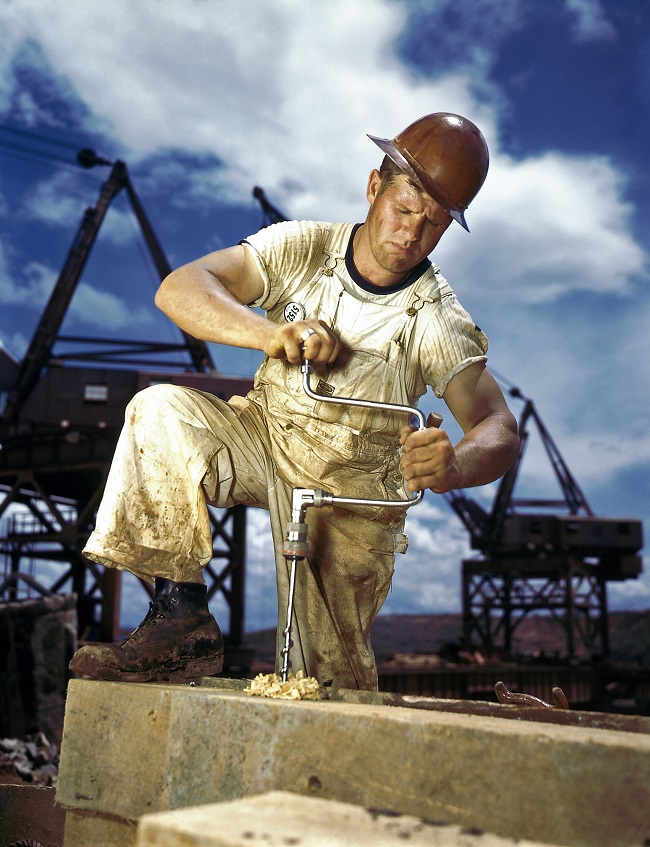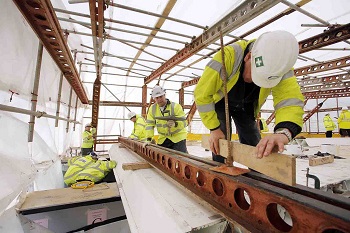
Civil construction products are used in the building and maintenance of critical infrastructures which contribute to the quality of life for citizens, as well as to economic growth and stability. Therefore, it is important that the products used are of the highest quality and are procured from suppliers with a proven record of excellence.
Five Tips for Buying Civil Construction Products
 Failure to ensure quality when buying such products may lead to the collapse of the infrastructure built, bodily harm and crippling lawsuits (to name a few). Avoid these with the following tips:
Failure to ensure quality when buying such products may lead to the collapse of the infrastructure built, bodily harm and crippling lawsuits (to name a few). Avoid these with the following tips:
1. Plan the project carefully
The first step in buying the right products is to ensure the project has been carefully planned and all needs correctly captured. Doing so will prevent a procurement officer from sourcing less products than needed or products suited from less load than they will be required to bear (e.g. buying five light-duty steal grate and frame when four heavy-duty ones are needed).
2. Choose the Right Engineers and SMEs
This is considered common sense for most yet many fail to properly define “right”.
Engineers: These projects require well-trained civil engineers with a traceable history of successfully completed projects. Where new engineers are being used, they should be a part of a larger team that is ultimately responsible for the end result.
SMEs: Subject Matter Experts or SMEs must have up-to-date knowledge on industry best practices and next generation technology. This is crucial because innovative ideas are needed to ensure projects are relevant and the work outlined is efficiently done.
The expertise of both combined should provide detailed information on what is needed, how much, the best options to use and possibly which company to buy from.
3. Shop around
This tip is useful beyond the purchasing of construction tools and products for civil projects. Comparing manufacturers and suppliers will allow the project team to:
– Get a fuller view of what the market is offering.
– Compare prices (the aim is to spend as little as possible without sacrificing quality).
– Compare the specifications of products across manufacturers and suppliers. This is especially helpful where a new option has emerged since project planning started or where the SME was unaware of the option.
4. Build an effective relationship with suppliers
Purchasing within a project is often done in phases which means communicating with supplies on an ongoing/periodical basis. Additionally, a line of credit may need to be established.
Consequently, it is highly recommended that a healthy working relationship be developed between (at least) the individual responsible for product sourcing and the project manager (where they differ). Such a relationship may even be leveraged for advice on product selection.
5. Inspect products carefully
While trust and goodwill go a long way in building an effective relationship with suppliers, they must never stand in the way of ensuring product quality. Remember, the structural integrity and overall quality of the infrastructure built depends on the quality of the products used and work done to build it.
It is critical to have experts inspect the products before completing the purchase and before the products are used. The latter inspection should be done to detect damages that occur during transportation and storage.
The environmental impact should also be considered regardless of the project team’s views on issues such as global warming. Simply put, the end users of the project’s final product (be it a new road or a sewerage system for a new apartment complex) may care about the issue. Additionally, environmentally friendly civil construction products are likely to be safer for all involved.


